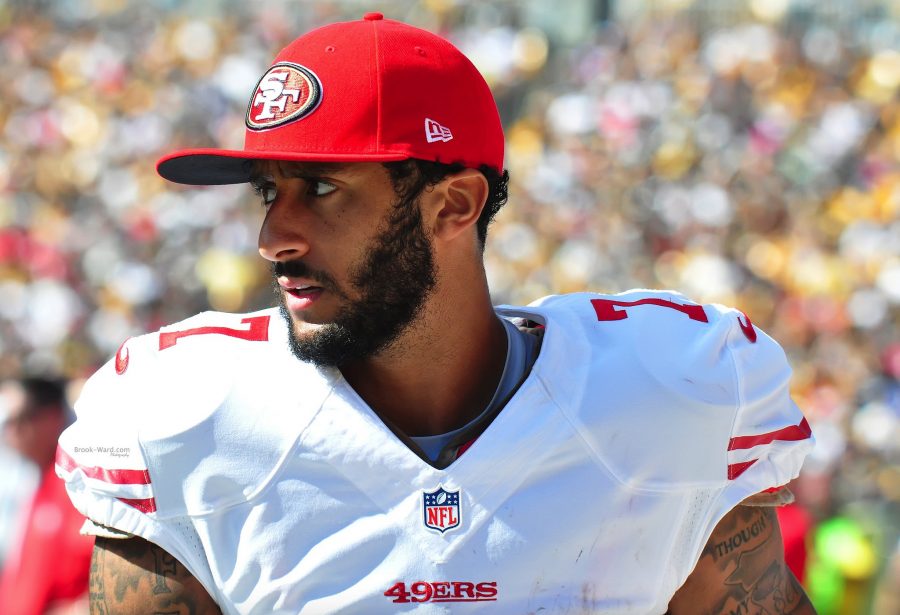Kaepernick’s protest is meaningless
Kneeling isn’t enough
Refusing to stand during the national anthem, Colin Kaepernick kicked-off controversy in late Aug. Other athletes have joined Kaepernick in protest of racial inequality in the U.S., including fellow San Francisco 49er Eric Reid. “I am not going to stand up to show pride in a flag for a country that oppresses black people and people of color,” Kaepernick told NFL media. “To me, this is bigger than football and it would be selfish on my part to look the other way.” Photo by Brook Ward via Flickr. Used under Creative Commons license.
October 3, 2016
Colin Kaepernick‘s protest is ultimately inconsequential. Whether or you agree with his message or his protest, Kaepernick is hardly making any change.
The quarterback for the San Francisco 49ers began making headlines after Aug. 26 for staying on the bench during pre-game performances of “The Star-Spangled Banner.”
“I am not going to stand up to show pride in a flag for a country that oppresses black people and people of color,” Kaepernick explained in an interview with NFL Media after the game. “To me, this is bigger than football and it would be selfish on my part to look the other way. There are bodies in the street and people getting paid leave and getting away with murder.”
Since then, other athletes have joined Kaepernick in sitting or kneeling during the performance of the national anthem, including players from the Seattle Seahawks, the Denver Broncos and the Miami Dolphins. President Obama weighed in during a press conference following the G20 Summit in China earlier this month.
“I think he cares about some real, legitimate issues that have to be talked about,” Obama said. “And if nothing else, what he’s done is he’s generated more conversation around some topics that need to be talked about.”
Others have been equally vocal in their disagreement with Kaepernick, feeling that the protest was anti-American or anti-military. These opponents include New Orleans Saints quarterback Drew Brees.
“I disagree. I wholeheartedly disagree,” Brees told ESPN. “Not that he wants to speak out about a very important issue. No, he can speak out about a very important issue. But there’s plenty of other ways that you can do that in a peaceful manner that doesn’t involve being disrespectful to the American flag.”
Agree or disagree, Kaepernick hasn’t brought any real change. Not yet.
Kaepernick wants to draw more attention to racial inequality in the U.S.
“This is because I’m seeing things happen to people that don’t have a voice, people that don’t have a platform to talk and have their voices heard, and affect change,” Kaepernick said in a media session on Aug. 28, 2016. “So I’m in the position where I can do that and I’m going to do that for people that can’t.”
During the Civil Rights Movement of the 1960s, activists like Martin Luther King Jr. staged sit-ins and marches, nonviolent acts similar to Kaepernick’s silent protest.
King shared his thoughts on the subject in his famous “Letter from a Birmingham Jail” in 1963.
“Nonviolent direct action seeks to create such a crisis and foster such a tension that a community which has constantly refused to negotiate is forced to confront the issue,” King wrote. “It seeks so to dramatize the issue that it can no longer be ignored.”
But the issue has already been dramatized, and we’re already talking about race. In the past few years, we’ve been hearing the stories of Michael Brown, Tamir Rice, Alton Sterling, Philando Castile, Terence Crutcher and countless other African-Americans. And in the 21st century, more and more Americans can film these tragedies. In 2015, 68 percent of Americans had smartphones, according to the Pew Research Center, up from 35 percent in 2011. The media has covered these stories and shared these videos. The media has already given them a voice. Kaepernick’s contribution isn’t much more than a whisper in an increasingly loud debate.
Kaepernick is also whispering to the wrong people. His refusal to stand is more a message to the flag than the country that it represents: that Kaepernick refuses to show respect to a country that doesn’t respect him. But kneeling in front of the flag doesn’t get anything done because the country is not the problem.
While Kaepernick’s refusal to stand is a nonviolent action, it’s not the nonviolent direct action that King called for. If Kaepernick wanted real change, he would protest the real people who are responsible. He would talk to the American people, our lawmakers and our law enforcement. The country cannot change, but people who run our country can. Instead of asking for real change, all Kaepernick is doing in his protest is muttering, “Screw you, America.”
Kaepernick would make a greater difference if he made a more direct protest, akin to another group who took a stand by taking a seat.
In the 1960s, social justice advocates made headlines, risking their lives by sitting down. The first diner sit-in took place in February of 1960, when four African-American men refused to give up their seats at a counter reserved for whites in Greensboro, North Carolina. After news coverage spread, so did the movement, and by July, Greensboro began to integrate its lunch counter. That protest yielded almost immediate results because protesters risked their lives to directly address the issue of segregation. Kaepernick’s protest is too ambiguous to cause any immediate change.
So what has Kaepernick done right? After the 49er’s final preseason game on Sept. 1, he stated that he plans on donating to various charities.
“I’m currently working with organizations to be involved, and making sure I’m actively in these communities, as well as donating the first million dollars I make this year to different organizations to help these communities and help these people.”
In addition to this $1 million, Kaepernick announced on Instagram that he plans to donate all profits from his personal jersey sales. His jersey jumped from the 20th spot to the number one best-selling jersey in the NFL on Sept. 7.
Furthermore, Kaepernick stated on Sept. 20 that for the next 10 months, he would donate $100,000 each month. A website will be set up to track where and how the money is being spent. Kaepernick has yet to announce a date for the site’s launch.
Only time will tell what charities Kaepernick plans on helping and if these charities will make a lasting difference. For an issue as complex as racial inequality, charity may not help.
For instance, finding alternate cures for cancer is a relatively simple problem. By donating money to a hospital or another organization, you are funding research by paying the researchers and paying for resources. With more people, tech and time to tackle cancer, odds are we will find more solutions faster.
Racial inequality is not cancer research. Racial inequality is a complex social, political and economic issue that takes time to fight. Kneeling and donating won’t do much. So how can we make a difference?
Obama is right; this is an important issue, and changes need to be made. Silent protests, like kneeling, are fine, but protests are more effective when they’re direct. March in front of your capital. Sign a petition. Write to your local government. If we want change, we need to force the real people who are responsible to change. Kaepernick’s message needs to be heard, but stop whispering to the flag, and shout at your legislators.

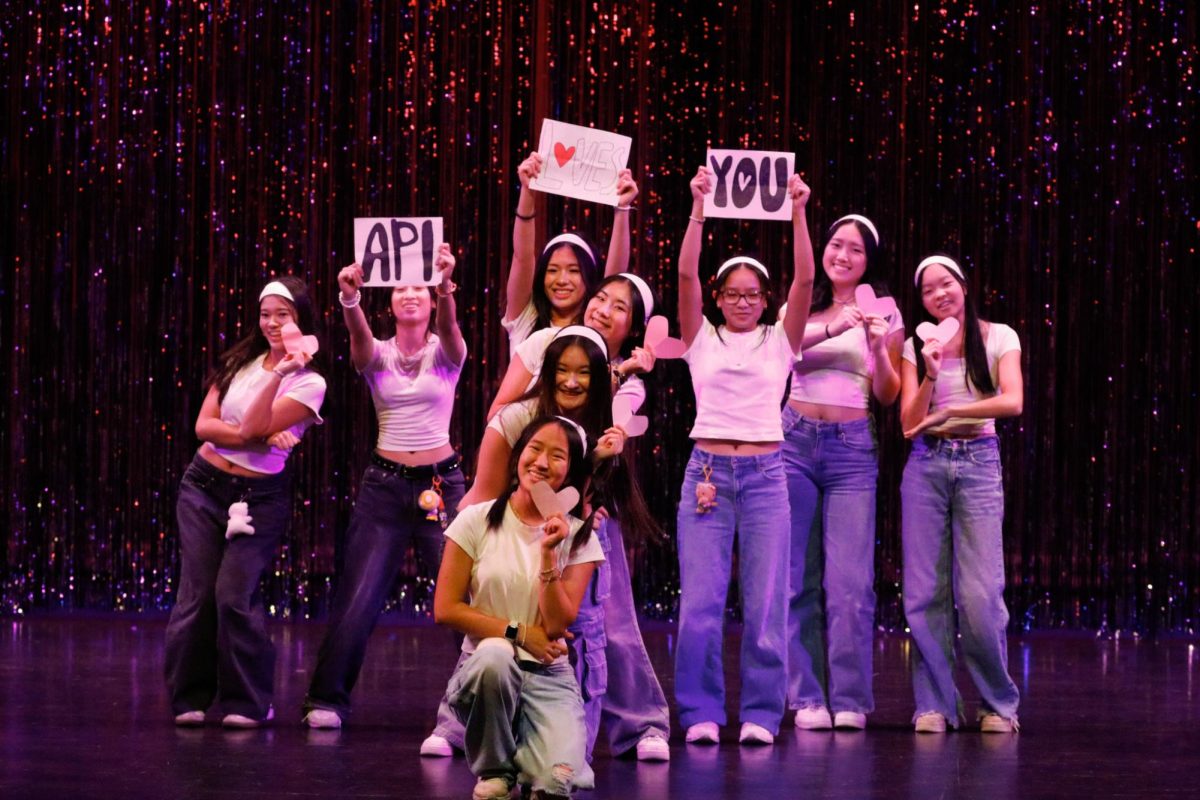
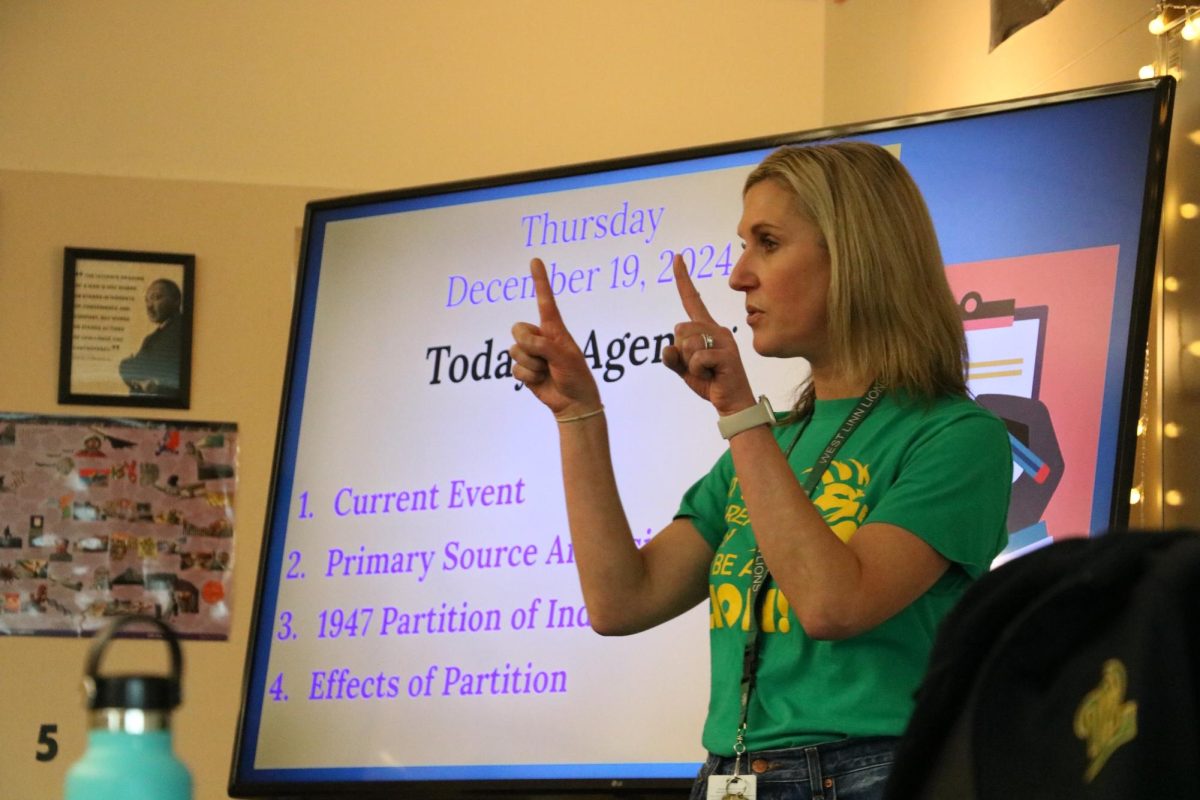

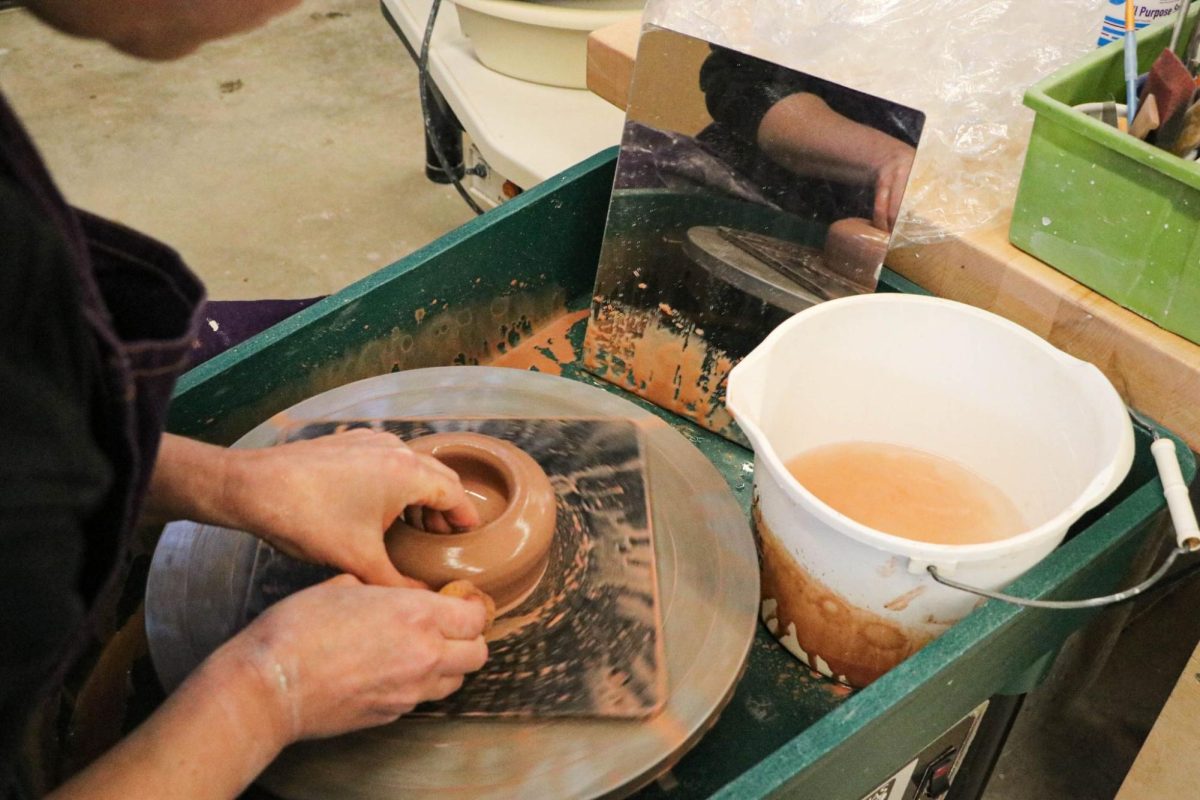



















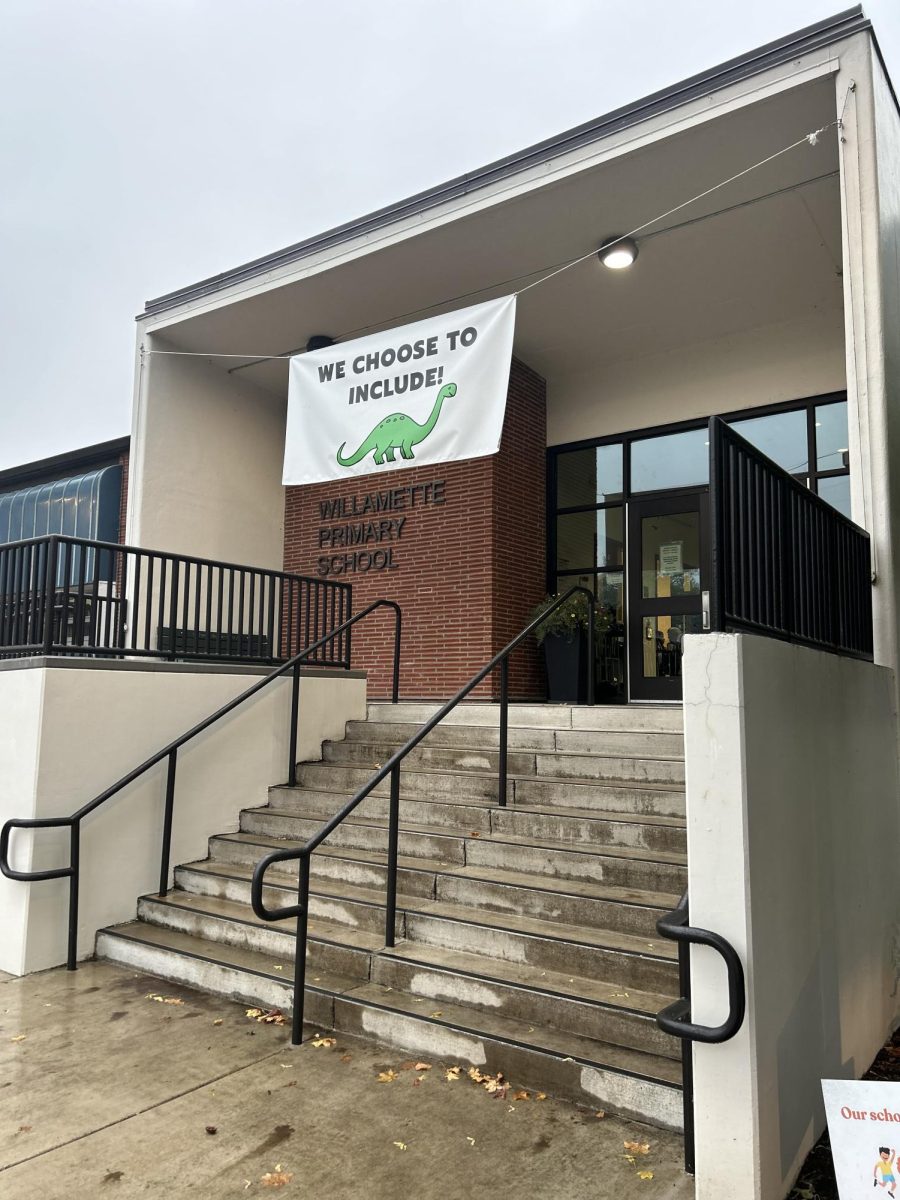


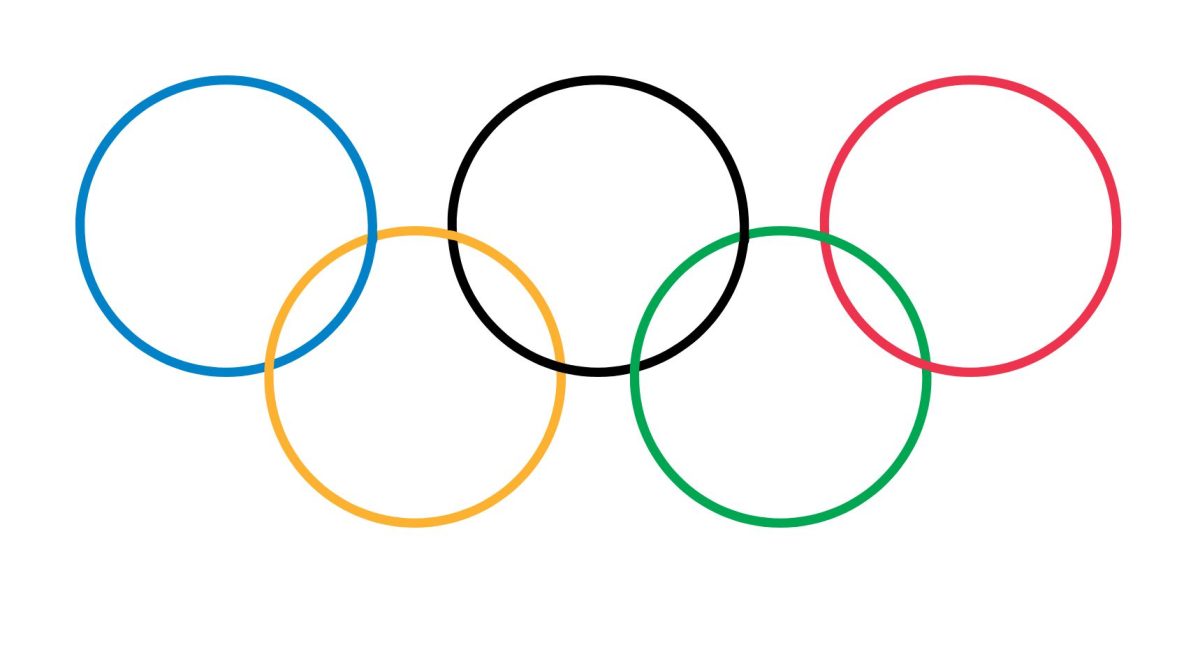



















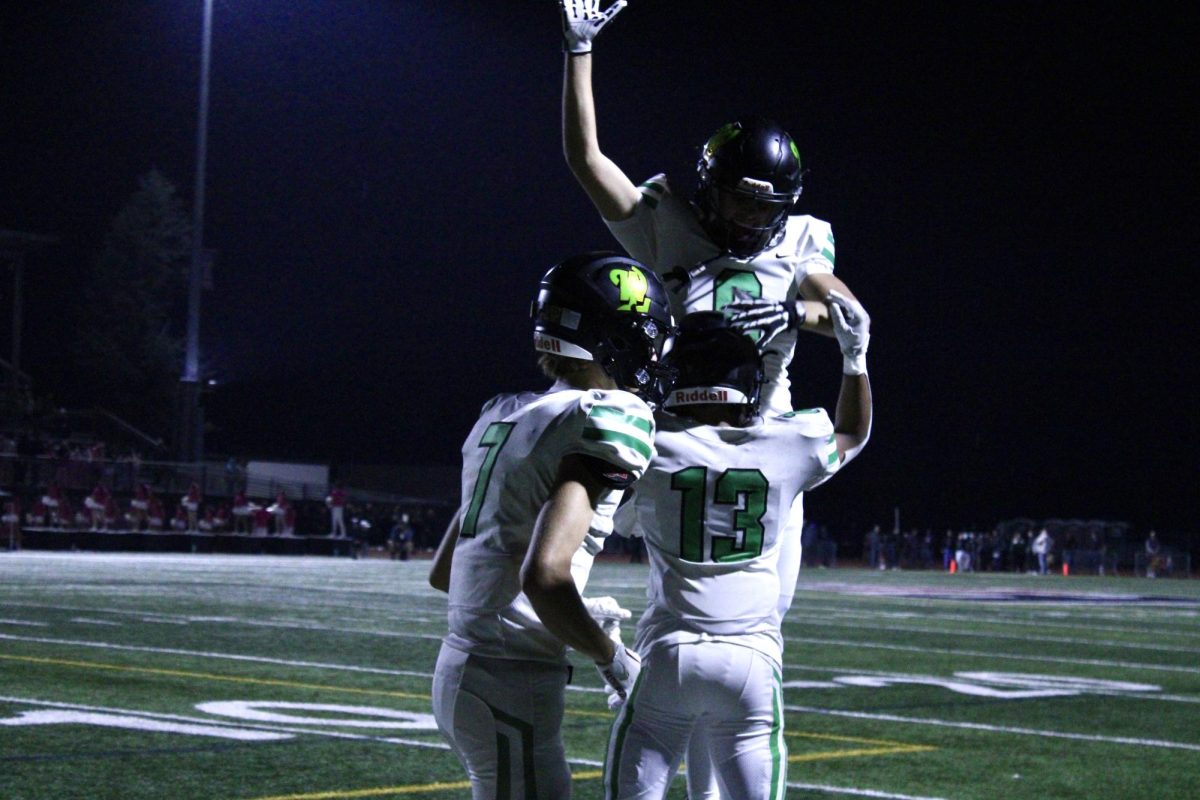





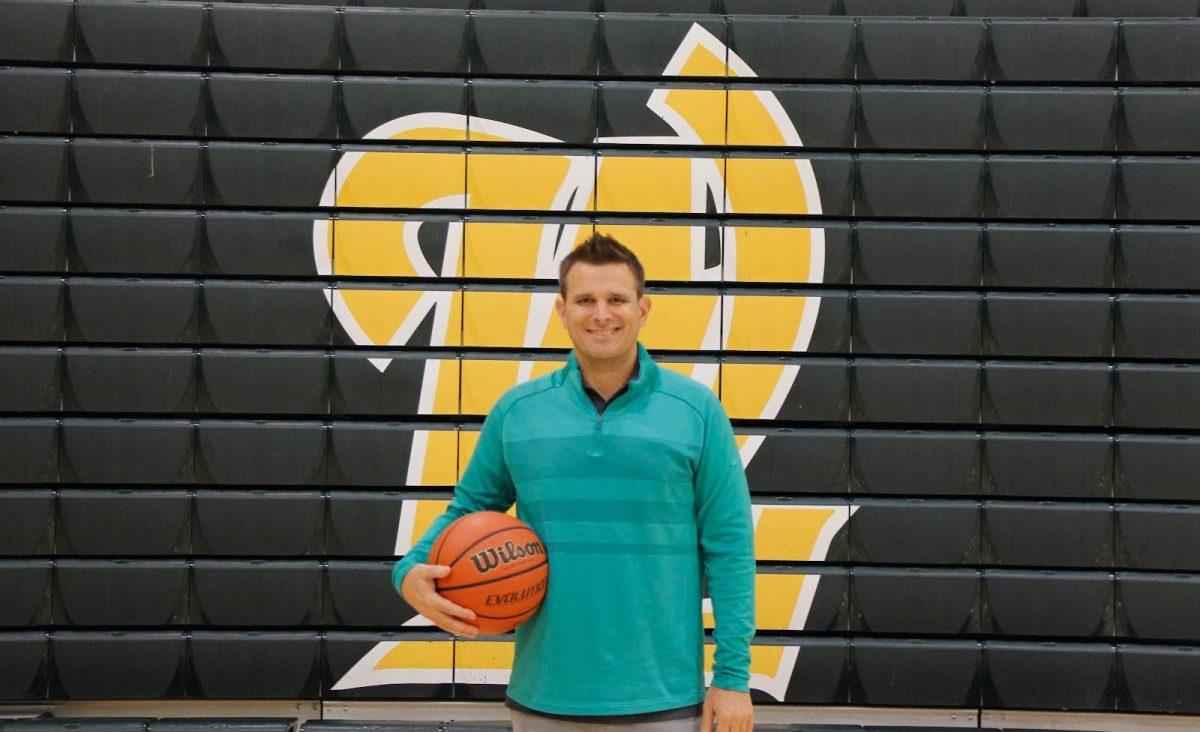







![At the bottom of the third inning, the Lions are still scoreless. Rowe stands at home plate, preparing to bat, while Vandenbrink stands off to the side as the next batter up. Despite having the bases loaded, the team was unable to score any runs. “It’s just the beginning of the season. We’re just going to be playing out best by June, [and] that’s where champions are,” Rowe said.](https://wlhsnow.com/wp-content/uploads/2024/03/IMG_3077-1200x900.jpg)







































![All smiles. The group poses for a photo with last year’s book, “This is Our House,” along with their award for third Best in Show. Meikle, who was an Editor-in-Chief for the yearbook last year as well, holds both and stands at the center of the group. “That was an amazing feeling, going and grabbing the third place award,” Meikle said. “All of it paid off. I cried so much over that book, being able to receive [the award] was one of the highlights of my high school career, it was like the coolest thing ever.”](https://wlhsnow.com/wp-content/uploads/2024/11/8bookpose_philly-1200x800.jpg)













